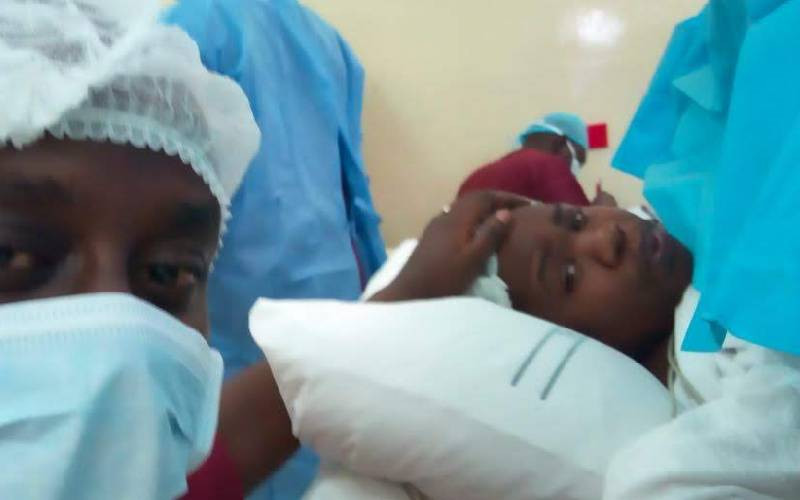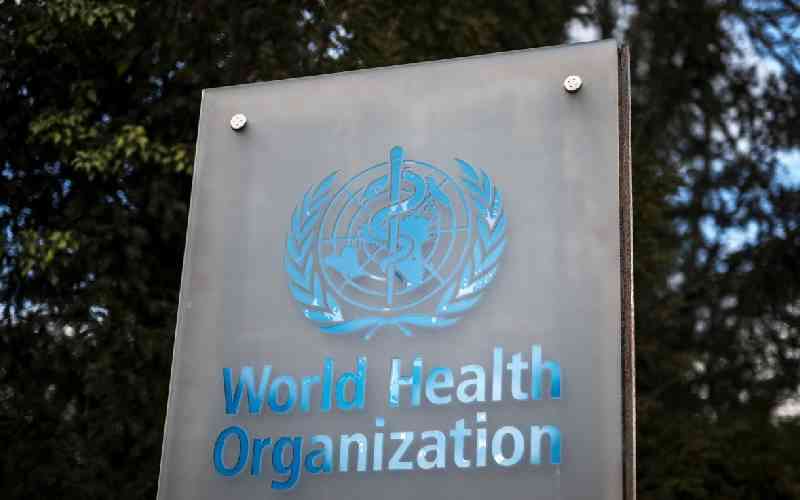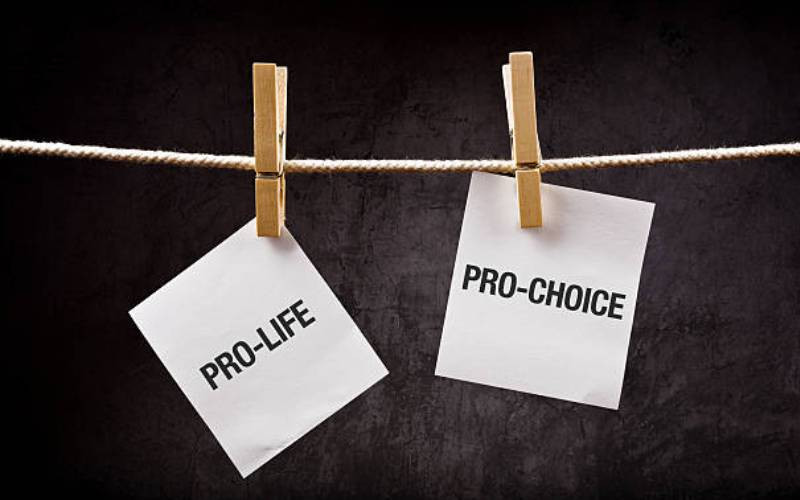
It took Kakamega Senator Cleophas Malala jetlag following an 18-hour direct flight to the US to come to terms with his weight issues.
With severe back pain, away in a foreign land, and unable to buy painkillers over the counter, he had to go to the hospital.
That is when reality hit him.
 The Standard Group Plc is a multi-media organization with investments in media
platforms spanning newspaper print
operations, television, radio broadcasting, digital and online services. The
Standard Group is recognized as a
leading multi-media house in Kenya with a key influence in matters of national
and international interest.
The Standard Group Plc is a multi-media organization with investments in media
platforms spanning newspaper print
operations, television, radio broadcasting, digital and online services. The
Standard Group is recognized as a
leading multi-media house in Kenya with a key influence in matters of national
and international interest.











